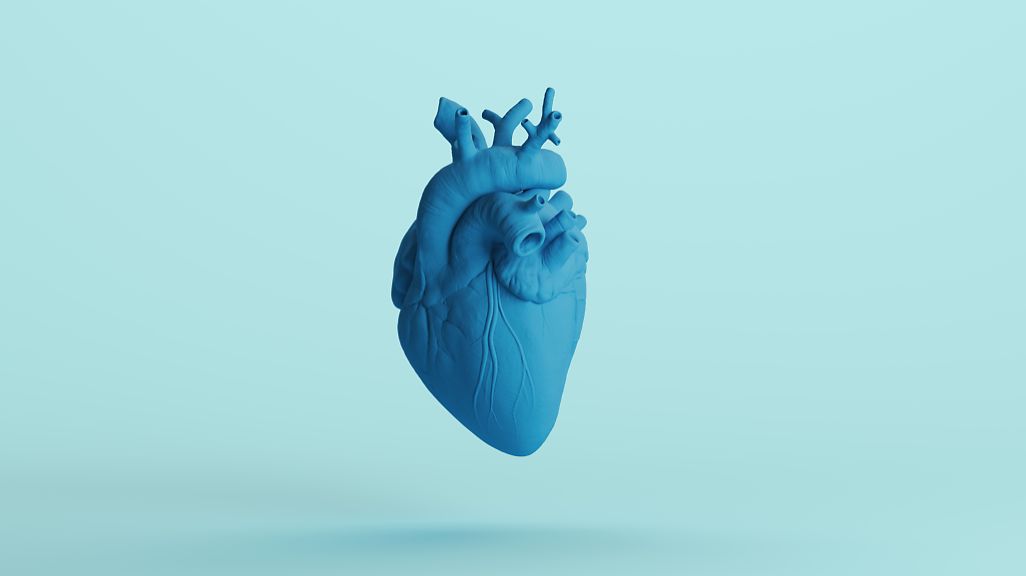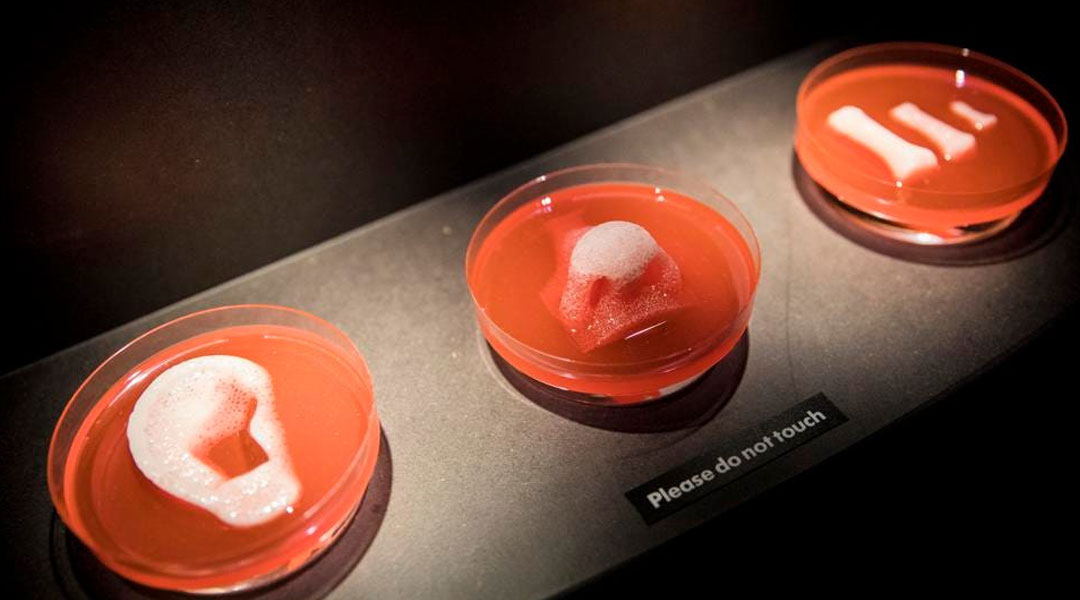by Isabella Backman – Yale School of Medicine –
Yale researchers have built a 3D-bioprinted synthetic aorta that they have successfully implanted into rats. This technology could advance the treatment of cardiovascular diseases such as coronary artery disease or peripheral arterial disease by allowing scientists to engineer and replace blood vessels in humans. The team recently published their findings in Scientific Reports.
Through this new approach, scientists could use an individual’s own cells, or cells from a donor, to rapidly create custom-designed tissues that match the size and shape of the parts of vasculature to be replaced. Current treatments for severe cardiovascular disease include the use of grafts made from a patient’s own tissues (autologous) or synthetic materials. However, autologous grafts require invasive surgery and have a significant failure rate, and synthetic grafts are limited to large blood vessels and prone to leakage and harmful bacterial colonization.




